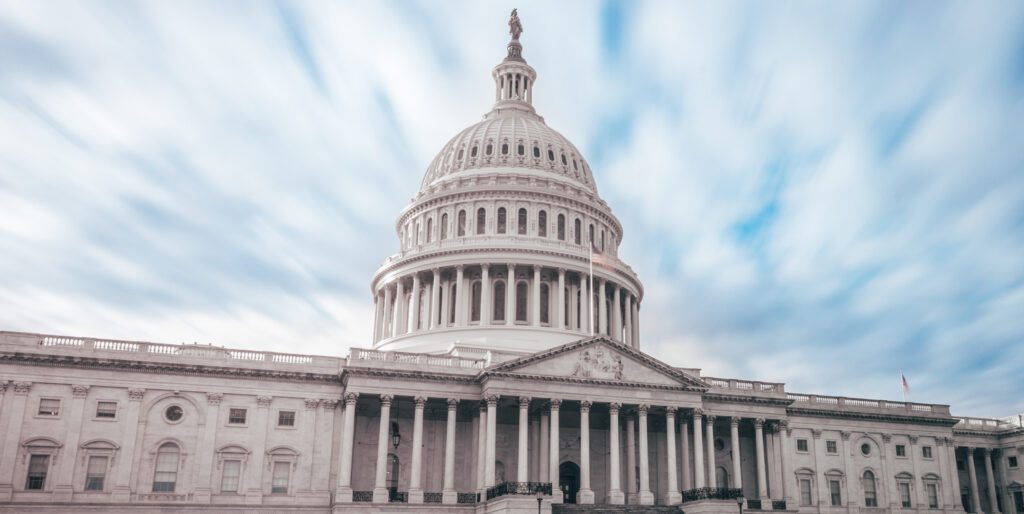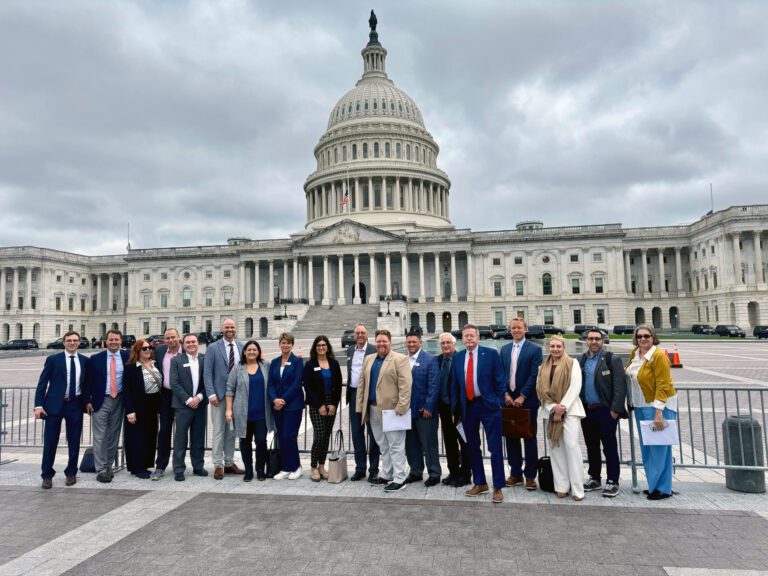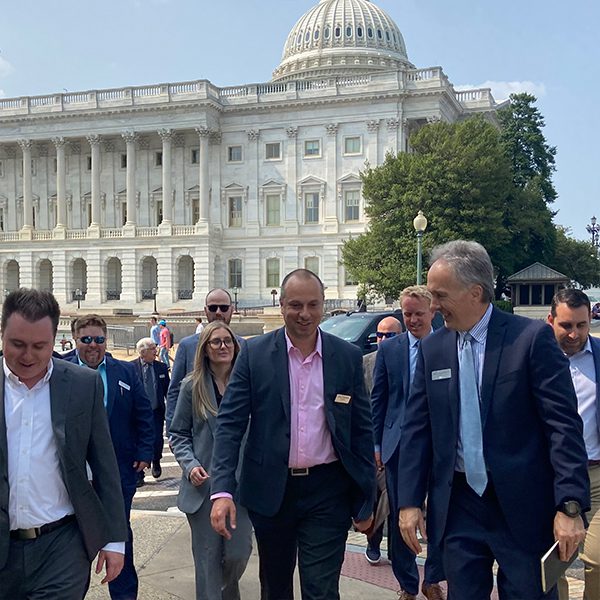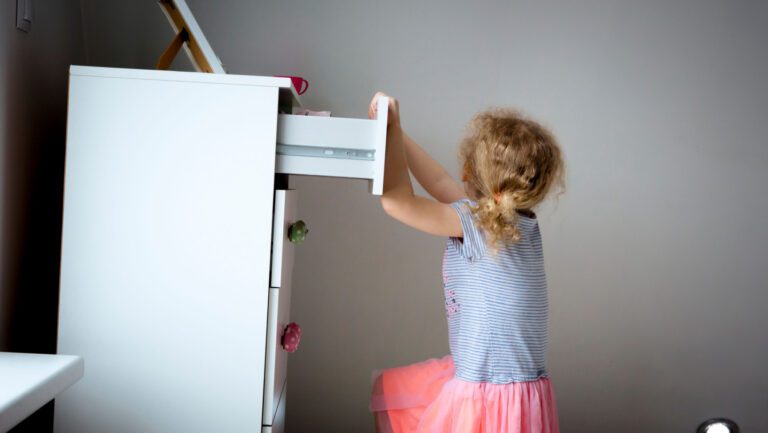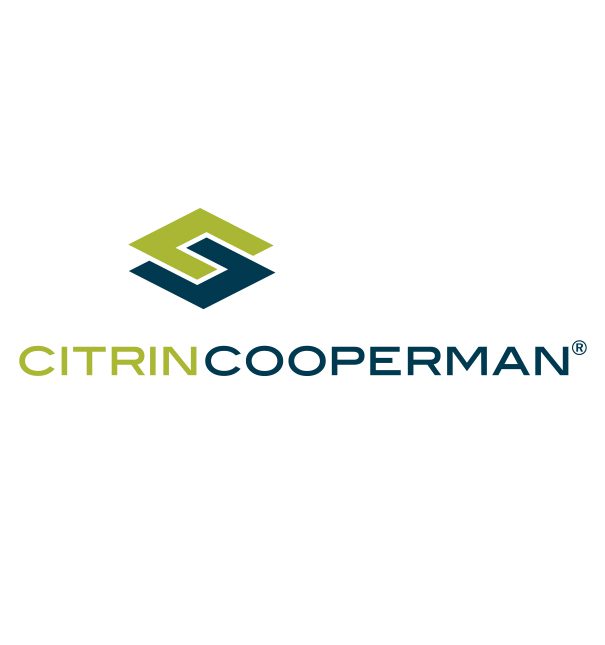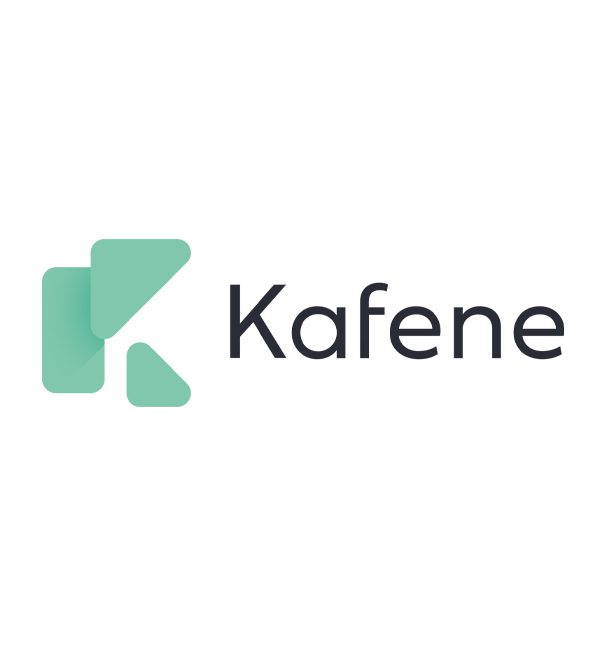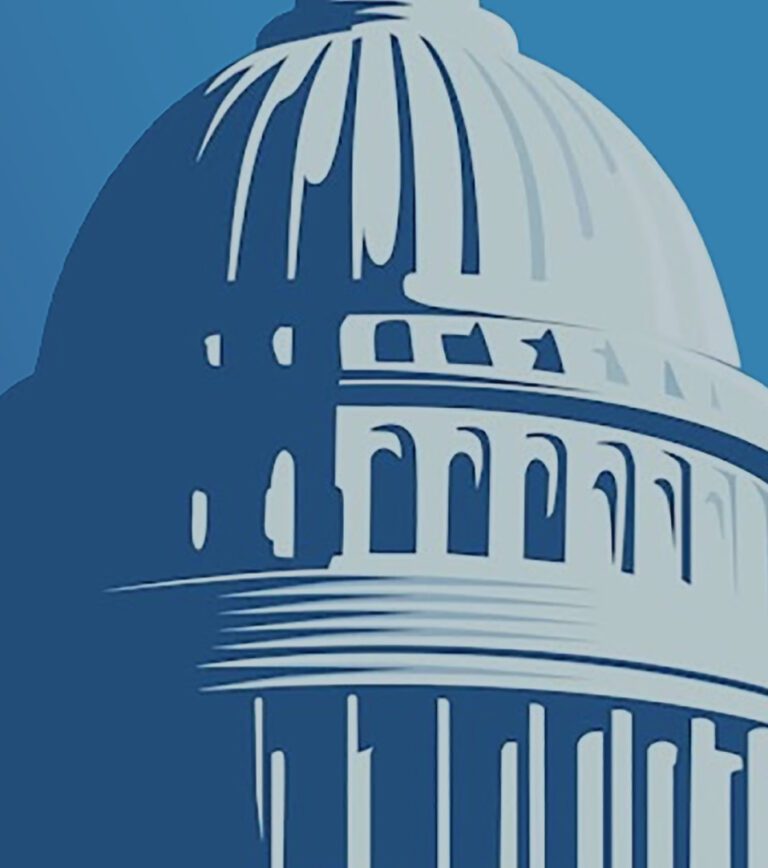Nothing drives congressional activity like a deadline – in this case, the August recess and November midterm elections have created a unique environment spurring action on priority issues for both parties. Democrats have controlled the White House, House, and Senate since January 2021 but cannot advance large parts of their legislative agenda given intraparty differences. Given those delays and the economic headwinds facing Americans daily, Democrat leaders, including President Biden, have emphasized higher-level issues with bipartisan support.
That began with the recent gun legislation signed by President Biden, motivated by the tragedy in Uvalde, TX. The momentum carried into the passage of the CHIPS Act, a $50+ billion investment in semiconductor manufacturing in the United States. With 90% of semiconductors manufactured in Taiwan and the potential for conflict involving China, the US and other countries are looking to diversify that critical supply chain. This should be helpful for furniture retailers as many supply chain disruptions and inflation stemmed from a shortage of microchips powering cars, trucks, and other goods. We have all seen and felt the impacts in our industry over the last 2+ years.
HFA supported various trade-related provisions in earlier packages around the CHIPS Act, specifically the Senate passed United States Innovation and Competitiveness Act (USICA). The supported language would have created a statutory Section 301 tariff exclusion process allowing industry stakeholders to petition for tariff relief on specific product categories. The United States Trade Representative (USTR) has recently reinstated a Section 301 exclusion process only after months of industry advocacy. Given the national and economic security implications, these more specific language provisions related to trade were not included in the CHIPS version signed into law.
On the other hand, the House passed COMPETES Act included problematic provisions like the Protecting the Right to Organize (PRO) Act which would make it easier for unions to form. The same process that left out the favorable trade language also cut more harmful provisions like this – all part of the maligned legislative process!
Democrats are also considering a partisan reconciliation package, the Inflation Reduction Act of 2022. This comes from months and months of negotiations between Senate Majority Leader Chuck Schumer and Senator Joe Manchin. If Senate Democrats can get support from all 50 of their members and the House maintains its Democrat votes, congressional Democrat leaders would pass legislation creating the largest climate investment, reform prescription drug pricing, and contain a set of tax increases. The main revenue for the package would come from a 15% corporate minimum tax applied to companies with at least $1 billion in profits. We have warned congressional leaders about raising taxes related to S Corporations and pass-throughs. Those provisions were not included, but we will monitor this effort as it moves through the Senate and House.
HFA has been a loud voice advocating for more sensible, bipartisan action in Washington, DC. We hope the macroeconomic climate improves for consumers and HFA members, and we believe the policies we support will do that. We have seen the benefits of this approach with the passage of the Ocean Shipping Reform Act earlier this summer to address the acute and longer-term issues with ocean carriers.
With some of these more complicated legislative issues addressed, we continue to urge the Senate to consider and pass the amended version of the STURDY Act to bring further certainty and safety to our industry, members, and consumers on the issue of furniture tip-over.
To learn more about what HFA is doing to influence legislation that impacts our industry, click here.
